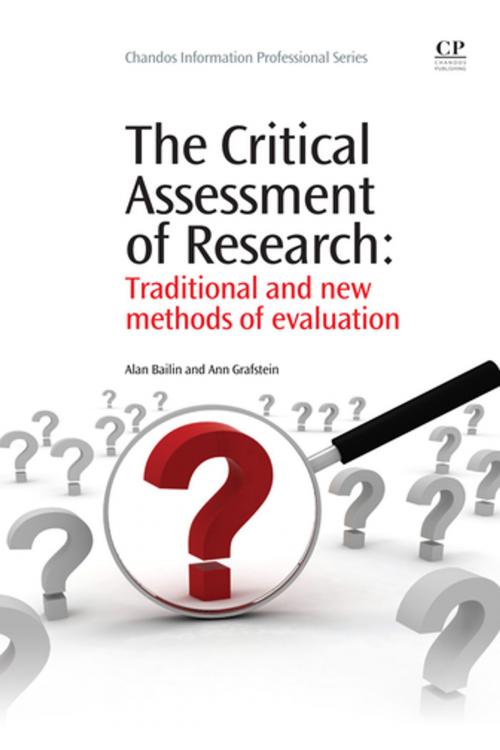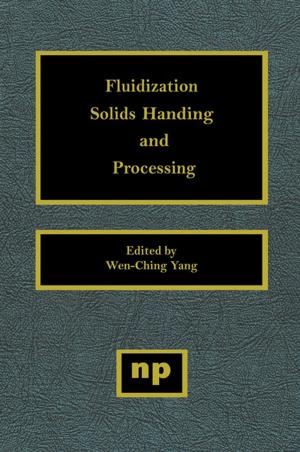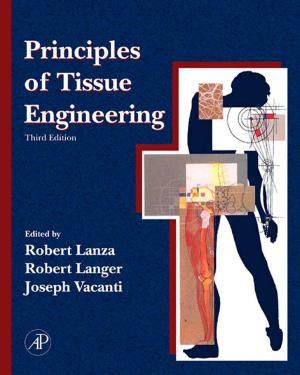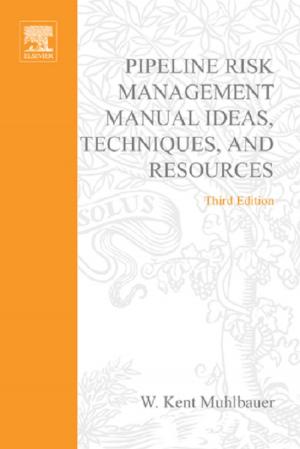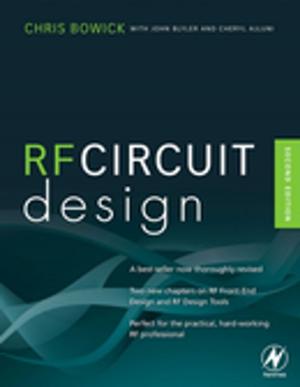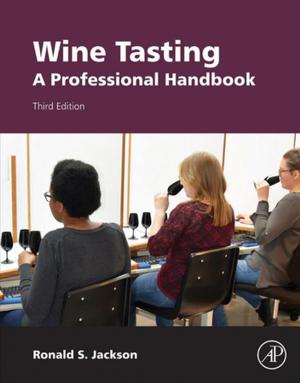The Critical Assessment of Research
Traditional and New Methods of Evaluation
Nonfiction, Reference & Language, Education & Teaching, Educational Theory, Testing & Measurement, Reference| Author: | Alan Bailin, Ann Grafstein | ISBN: | 9781780630274 |
| Publisher: | Elsevier Science | Publication: | February 12, 2010 |
| Imprint: | Chandos Publishing | Language: | English |
| Author: | Alan Bailin, Ann Grafstein |
| ISBN: | 9781780630274 |
| Publisher: | Elsevier Science |
| Publication: | February 12, 2010 |
| Imprint: | Chandos Publishing |
| Language: | English |
This book examines the following factors: sponsorship of research, control of the dissemination of research, effects of dominant research paradigms, financial interests of authors, publishers, and editors, role of new technologies (for example, Web 2.0).
It is widely accepted among researchers and educators that the peer review process, the reputation of the publisher and examination of the author's credentials are the gold standards for assessing the quality of research and information. However, the traditional gold standards are not sufficient, and the effective evaluation of information requires the consideration of additional factors. Controversies about positive evaluations of new medications that appear in peer-reviewed journals, the financial reports on Enron prior to the revelations that led to its collapse, and obstacles to the publication of research that does not conform to dominant paradigms are just a few examples that indicate the need for a more sophisticated and nuanced approach to evaluating information.
Each of the factors is discussed in a factual manner, supported by many examples that illustrate not only the nature of the issues but also their complexity. Practical suggestions for the evaluation of information are an integral part of the text.
- Highlights frequently overlooked criteria for evaluating research
- Challenges the assumption that the gold standards for evaluation are sufficient
- Examines the role of new technologies in evaluating and disseminating research
This book examines the following factors: sponsorship of research, control of the dissemination of research, effects of dominant research paradigms, financial interests of authors, publishers, and editors, role of new technologies (for example, Web 2.0).
It is widely accepted among researchers and educators that the peer review process, the reputation of the publisher and examination of the author's credentials are the gold standards for assessing the quality of research and information. However, the traditional gold standards are not sufficient, and the effective evaluation of information requires the consideration of additional factors. Controversies about positive evaluations of new medications that appear in peer-reviewed journals, the financial reports on Enron prior to the revelations that led to its collapse, and obstacles to the publication of research that does not conform to dominant paradigms are just a few examples that indicate the need for a more sophisticated and nuanced approach to evaluating information.
Each of the factors is discussed in a factual manner, supported by many examples that illustrate not only the nature of the issues but also their complexity. Practical suggestions for the evaluation of information are an integral part of the text.
- Highlights frequently overlooked criteria for evaluating research
- Challenges the assumption that the gold standards for evaluation are sufficient
- Examines the role of new technologies in evaluating and disseminating research
